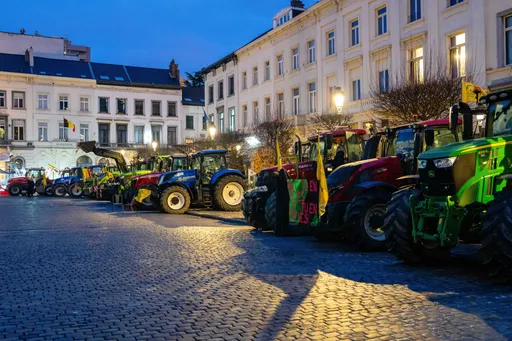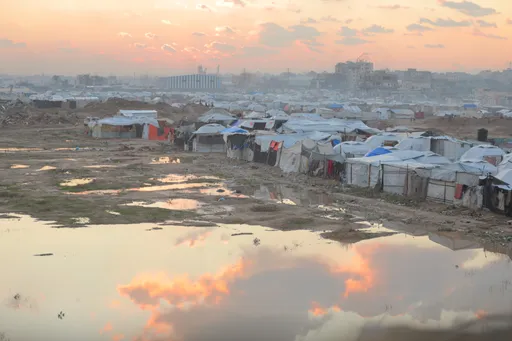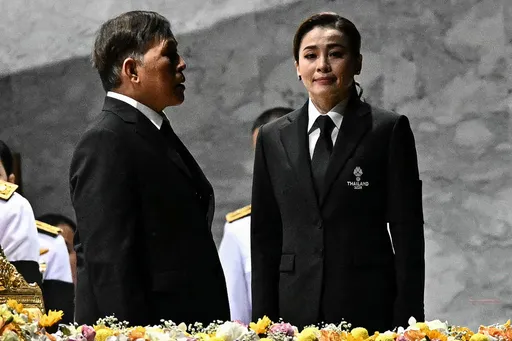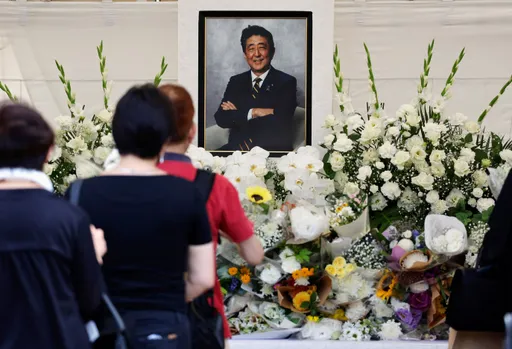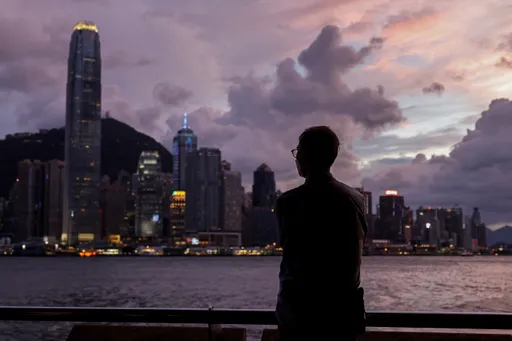Tokyo is blaming low vaccination among the youth as it records 3,177 new coronavirus cases, setting an all-time high and exceeding 3,000 for the first time days after the start of the Olympics.
The new cases on Wednesday exceeded the earlier record of 2,848 set the previous day and bring the total for the Japanese capital to 206,745 since the pandemic began early last year. Japan also reported a record high of more than 8,000 cases on Wednesday, broadcaster NHK reported.
Tokyo has been under a fourth state of emergency since July 12 ahead of the Olympics, which began last Friday despite widespread public opposition and concern that they could further worsen the outbreak.
Experts say Tokyo’s surge is being propelled by the new, more contagious Delta variant of the virus.
Tokyo Governor Yuriko Koike on Wednesday urged younger people to cooperate with measures to bring down the high number of infections and get vaccinated, saying their activities are key to slowing the surge during the Olympics.
Koike noted that the majority of the elderly have been fully vaccinated and infections among them have largely decreased, while the mostly unvaccinated younger people are now dominating the new cases.
“Younger people’s activity holds the key (to slowing the infections), and we need your cooperation,” Koike said.
“Please make sure to avoid nonessential outings and observe basic anti-infection measures, and I would like younger people to get vaccinated,” she said.
As of Tuesday, 25.5 percent of the Japanese population has been fully vaccinated of 37 percent who have received shots. The percentage of the elderly who are fully vaccinated is 68.2 percent, or 36 million people.
Vaccine hesitancy among youth
Vaccination prospects for the younger have improved, and some can get their shots organized by workplaces and colleges, while others still wait based on seniority. But there are also concerns over hesitancy among the young, with surveys showing many of them having doubts, in part due to fake rumours about side effects.
Younger people have been blamed for roaming downtown areas after the requested closing hours for eateries and stores and spreading the virus. Tokyo is under its fourth state of emergency, which is to continue through the Olympics, but it mainly focuses on requiring establishments to stop serving alcohol and shorten their hours.
Measures for the public are only requests and they are increasingly ignored.
Prime Minister Yoshihide Suga has also urged people to avoid nonessential outings but says there is no need to consider a suspension of the Games, which are held with no fans in Tokyo and three neighbouring prefectures — Chiba, Kanagawa and Saitama.
Governors of the three areas, alarmed by Tokyo’s surging cases, said on Wednesday they plan to jointly ask Suga to place their prefectures under the state of emergency too.
Nationwide, Japan reported 5,020 cases in the last 24 hours for a total of 870,445 and 15,129 confirmed deaths.
Japan has kept its cases and deaths lower than many other countries. Its seven-day rolling average of cases is about 3.57 per 100,000 people, compared to 2.76 in India, 17.3 in the United States and 53.1 in Britain, according to data from Johns Hopkins University.










